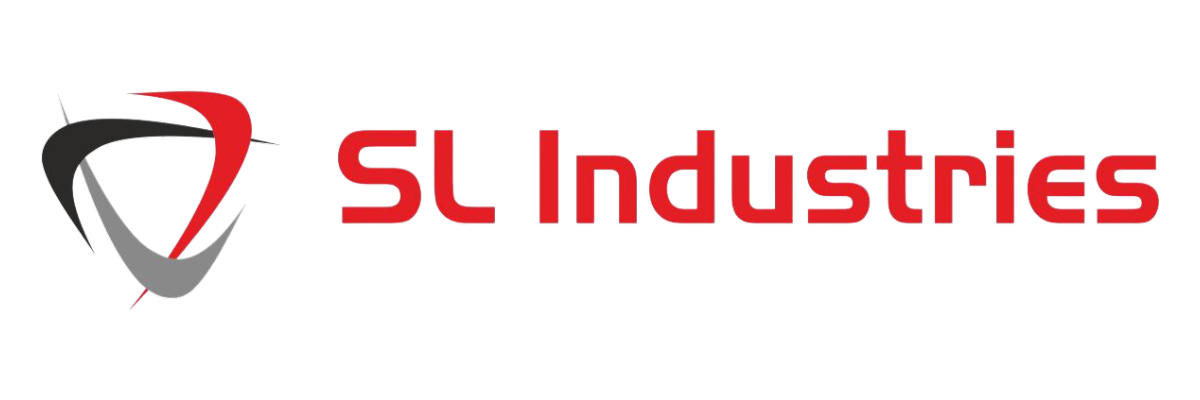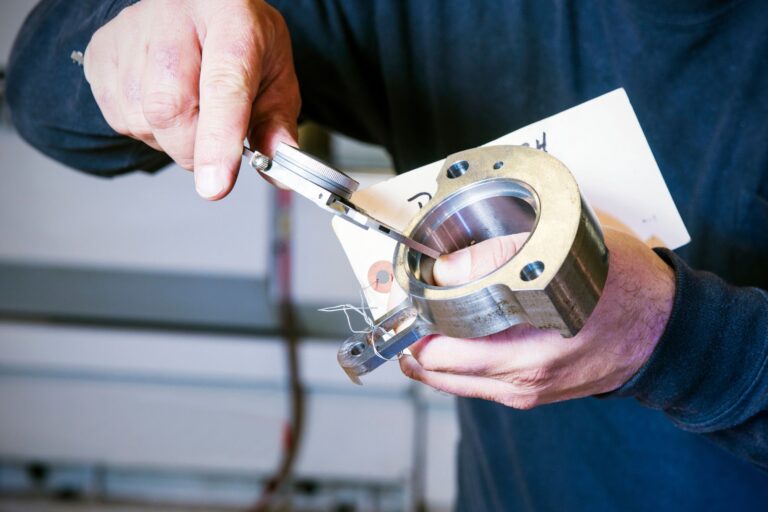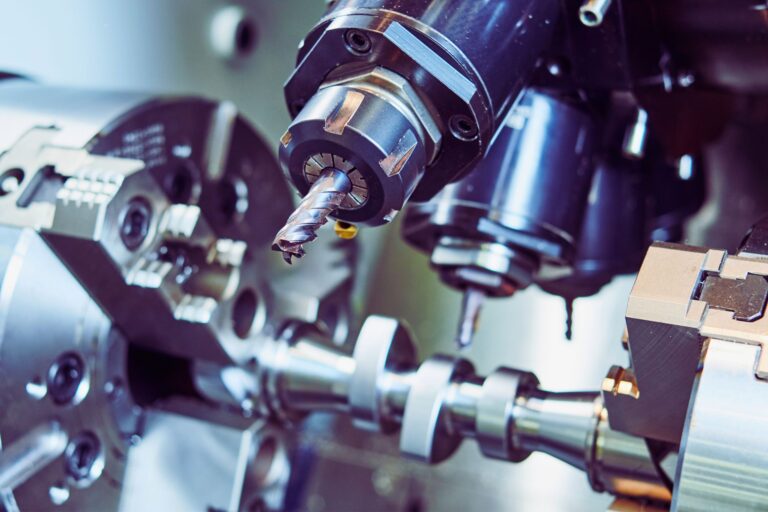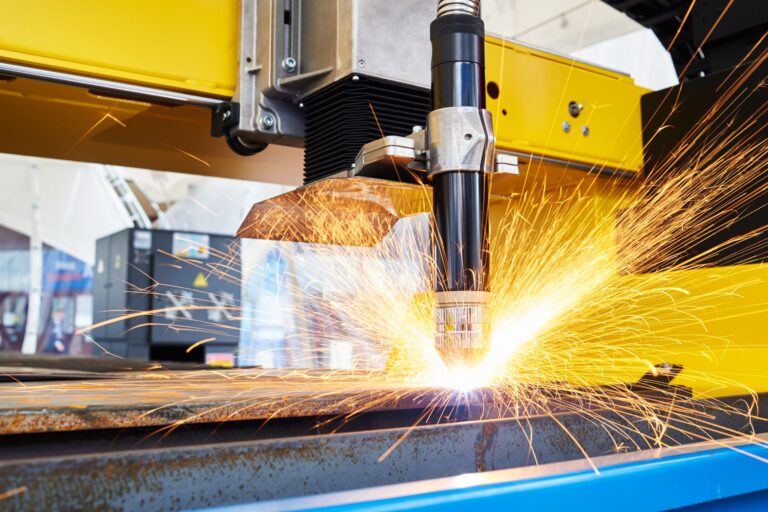Corrosion poses a significant challenge in heavy industry, affecting the durability, safety, and efficiency of critical infrastructure and machinery. To combat this issue, advanced coating techniques have been developed to provide superior protection against harsh environmental conditions, chemicals, and mechanical wear. These innovations are essential in sectors such as oil and gas, marine, construction, and metal fabrication, where equipment longevity is crucial.
The Importance of Corrosion-Resistant Coatings
Corrosion-resistant coatings serve as a protective barrier that prevents the interaction of metal surfaces with corrosive agents such as moisture, salt, and chemicals. Without adequate protection, corrosion can lead to structural failures, increased maintenance costs, and production downtime. By applying advanced coatings, industries can extend the service life of components, improve performance, and reduce operational expenses.
Key Advanced Coating Techniques for Heavy Industry
1. Thermal Spray Coatings
Thermal spray technology involves applying a metallic or ceramic coating onto a substrate using a high-temperature process. Common variants include:
- High-Velocity Oxygen Fuel (HVOF) Coating: Produces dense and wear-resistant coatings for turbine components, pump shafts, and industrial rollers.
- Plasma Spray Coating: Ideal for high-temperature applications such as aerospace and power generation equipment.
- Arc Spray Coating: Provides excellent corrosion resistance for large-scale structures like bridges and offshore platforms.
2. Electrochemical Coatings
Electrochemical techniques enhance corrosion protection by creating a uniform, bonded layer on metal surfaces. These include:
- Electroplating: Uses an electric current to deposit a protective metal layer (e.g., zinc, chromium, nickel) onto a substrate.
- Anodizing: Forms a corrosion-resistant oxide layer on aluminum and titanium, improving durability and wear resistance.
- Cathodic Protection Coatings: Utilized in pipelines and marine applications to prevent electrochemical corrosion.
3. Polymer and Composite Coatings
Advanced polymer coatings offer high chemical and abrasion resistance, making them ideal for heavy industry applications. Key examples include:
- Epoxy Coatings: Commonly used in chemical plants and wastewater treatment facilities for their excellent adhesion and chemical resistance.
- Polyurethane Coatings: Provide UV resistance and flexibility, ideal for outdoor structures.
- Fluoropolymer Coatings: Offer extreme chemical resistance and non-stick properties for industrial processing equipment.
4. Nano-Coatings and Smart Coating Technologies
Recent advancements in nanotechnology have led to the development of ultra-thin, high-performance coatings that provide superior protection against corrosion. These include:
- Self-Healing Coatings: Contain microcapsules that release protective agents when damage occurs, prolonging the coating’s effectiveness.
- Superhydrophobic Coatings: Repel water and contaminants, reducing the risk of corrosion in high-humidity environments.
- Conductive Coatings: Used in electronics and aerospace to protect against corrosion while maintaining electrical conductivity.
5. Powder Coating Technology
Powder coating is a dry finishing process that applies a protective and decorative layer onto metal surfaces. This method is widely used for industrial equipment due to its durability and environmental benefits, as it contains no harmful solvents.
Benefits of Advanced Coating Technologies
- Extended Equipment Lifespan: Reduces wear and degradation, minimizing the need for frequent replacements.
- Lower Maintenance Costs: Prevents corrosion-related damage, decreasing downtime and repair expenses.
- Enhanced Environmental Protection: Many modern coatings are eco-friendly and compliant with strict environmental regulations.
- Improved Aesthetic and Surface Properties: Provides a smooth, uniform finish that enhances durability and functionality.
The Future of Corrosion-Resistant Coatings
As industries continue to seek sustainable and high-performance materials, coating technologies will evolve to provide even greater protection. Advances in nanotechnology, eco-friendly formulations, and AI-driven coating application methods will further optimize corrosion resistance in heavy industry.
At SL Industries, we recognize the critical role that advanced coatings play in ensuring the longevity and reliability of industrial components. By staying at the forefront of emerging technologies, manufacturers can enhance their products’ durability, reduce maintenance costs, and improve overall efficiency in demanding operational environments.






